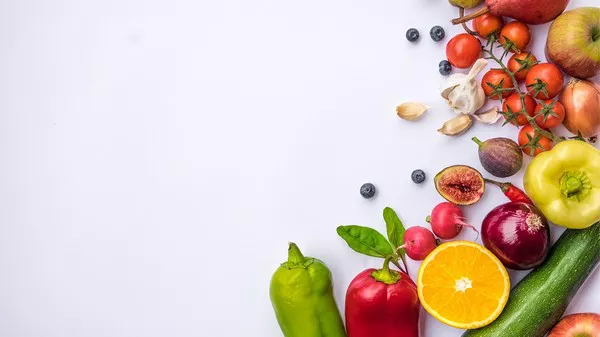The rising popularity of weight – loss drugs like Eli Lilly’s Mounjaro and Novo Nordisk’s Ozempic and Wegovy poses a new challenge to the alcohol industry. These drugs not only help people lose weight but also seem to dampen the appeal of alcoholic drinks.
A survey by Morgan Stanley’s Alphawise research unit found that people consumed 62% less alcohol while on weight – loss drugs, and 22% of those who drank less said they stopped alcohol entirely. With the number of people taking obesity drugs expected to grow nearly fivefold over the next 10 years, the firm estimates a 1.8% overall reduction in alcohol consumption by 2025.
This comes at a time when the alcohol industry has been thriving on pandemic – driven growth and renewed interest in premium spirits, wine, and beer. However, as consumers become more health – conscious due to the use of weight – loss drugs, alcohol companies are facing changing consumer preferences.
To adapt, alcohol companies should redouble efforts to test new products. Nearly every large company has explored non – alcoholic or low – calorie options. For example, the Boston Beer Company offers low – calorie Truly Hard Seltzer, and Molson Coors has the mocktail line Roxie.
While the potential impact of weight – loss drugs on alcohol demand is significant, there are some uncertainties. It’s unclear whether people will be willing or able to afford these drugs in the long term, as insurance coverage has been spotty. Nevertheless, the trend of consumers moderating their alcohol consumption is likely to continue, and alcohol companies need to be prepared to adapt to this new reality.
Related topics:































